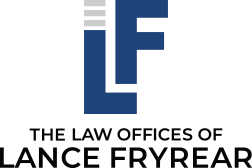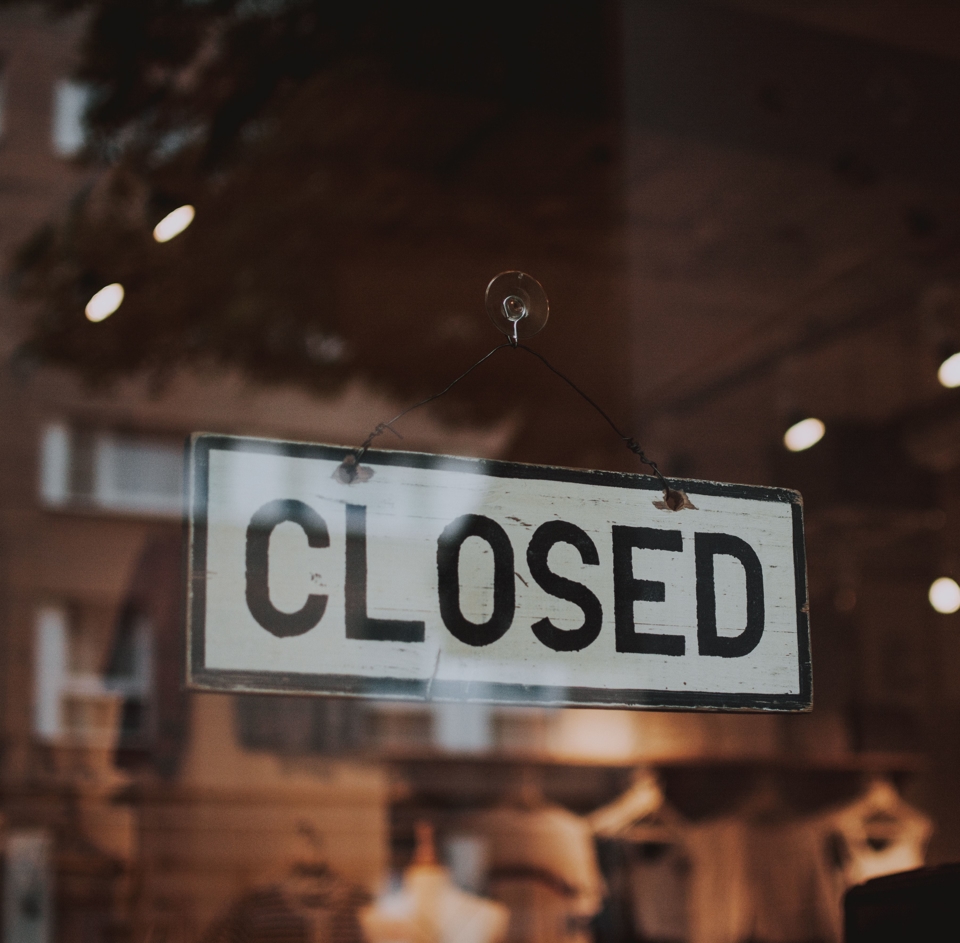If someone allegedly commits a crime, the government has a certain amount of time to charge them for the crime. The timelines for charging different types of cases are outlined in RCW 9A.04.080, known as the Limitation of Actions Statute, or the “statute of limitations.” So let’s say you were accused of Assault 4 (RCW 9A.36.041), the government would only have 2 years to file charges after the alleged commission of the crime.
On the other hand, the government has an unlimited amount of time to file charges for the following cases:
(i) Murder;
(ii) Homicide by abuse;
(iii) Arson if a death results;
(iv) Vehicular homicide;
(v) Vehicular assault if a death results;
(vi) Hit-and-run injury-accident if a death results (RCW 46.52.020(4));
(vii) Rape in the first degree (RCW 9A.44.040) if the victim is under the age of sixteen;
(viii) Rape in the second degree (RCW 9A.44.050) if the victim is under the age of sixteen;
(ix) Rape of a child in the first degree (RCW 9A.44.073);
(x) Rape of a child in the second degree (RCW 9A.44.076);
(xi) Rape of a child in the third degree (RCW 9A.44.079);
(xii) Sexual misconduct with a minor in the first degree (RCW 9A.44.093);
(xiii) Custodial sexual misconduct in the first degree (RCW 9A.44.160);
(xiv) Child molestation in the first degree (RCW 9A.44.083);
(xv) Child molestation in the second degree (RCW 9A.44.086);
(xvi) Child molestation in the third degree (RCW 9A.44.089); and
(xvii) Sexual exploitation of a minor (RCW 9.68A.040).
Given what has been happening with COVID-19/coronavirus, many people are wondering if their statute of limitations will be affected. Will the government now have more time to file cases due to the global pandemic? The answer is: not yet, but it’s possible an extension will be given in the future. While the statute itself does not have a provision for what would happen to the deadlines in the event of a massive public health crisis, our state can try to suspend this statute during this emergency.
Other states are already doing this. The Rhode Island Supreme Court issued an order allowing courts to grant extensions of a statute of limitation deadline.
The Supreme Judicial Court in Massachusetts automatically extended currently-running statutes of limitation until April 21, 2020.
While New York, which is arguably the epicenter of COVID-19, has not yet suspended its statute of limitations, lawmakers are urging their governor to do so.
Speedy trial, however, IS affected by COVID. What is a “speedy trial”? If you are charged with a crime, you have the right to a “speedy trial” thanks to the Sixth Amendment. This right forces the prosecutor and court to resolve your case before your speedy trial expiration date, otherwise, the case will be dismissed. But due to COVID-19, the Supreme Court issued a state-wide order affecting the right to speedy trial. COVID-19 is now considered good cause to continue jury trials, triggering excluded periods for the calculation of speedy trial. Based on serious danger caused by COVID 19, continuance of trial dates is needed in the administration of justice.
For now, prosecutors have to stick to the statutory deadlines for filing charges. If you were arrested for or accused of a crime, call the Law Offices of Lance Fryrear today. We can defend your case if it has been charged, or track it as it makes its way to the prosecutor’s office if it hasn’t been charged yet. And we will continue to stay updated on how COVID-19 might affect the statute of limitations. We are here to provide the protection you need. Call us and we will be there for you.





.2004101448550.jpg)